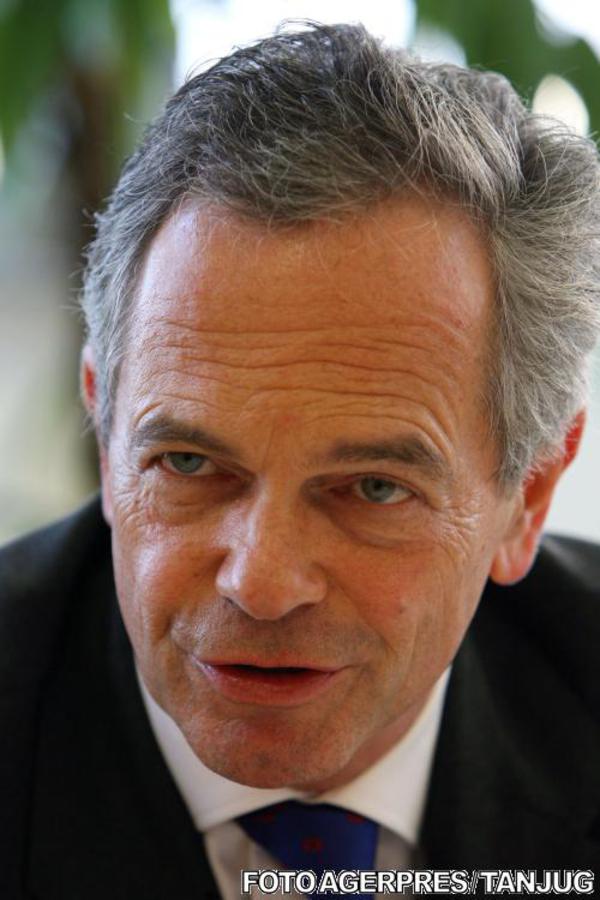
He led one of the largest European financial conglomerates through the global financial crisis 10 years ago, followed by the eurozone debt crisis followed by controversial acquisitions, but Andreas Treichl continued to survive professionally, writes a reporter to the Financial Times (
source for subscribers ). He is 21 years old at the head of the Vienna-based Erste Group, the banking group that took over and controls the operations of the largest local bank – BCR. For 25 years, he drove a Harley-Davidson motorcycle. Now, Treichl is 66 years old and admits that he should have been fired several times "because we made big mistakes and contributed to the formation of a vision that turned out to be the wrong one" he says. Another big mistake was not having "felt" the global repercussions of the US subprime mortgage market ten years ago. As a result, Erste recorded asset losses of 700 million euros in 2011 (net), which then doubled in 2014) and the loan portfolio has steadily deteriorated. The economies of Central and Eastern Europe were the most affected by the recession
The Austrian government took a stake of 2.7 billion euros in the bank's shares under the umbrella of the bank. an emergency strategy to support the country's banking system – although Mr Treichl estimates that he could have found and other investors Erste dropped in February 2009 to 6.5 euros, a historical minimum.
Mr. Treichl comes from a banking dynasty – in the 1970s his father ran the Austrian bank Creditanstalt, but he does not like to consider himself a banker but a "bank entrepreneur". [19659002ThestyleofleadershipofourpartyinvolvedapatchworkofdifferentThreichl:"IhavealotoflovebutIhavealwaysfounditincrediblymischievous"
The image of Erste suffered in a crisis, He sold credits in Swiss francs to Hungary, to Croatia or to l & # 39; Austria. "The customers then benefited from low interest rates but were then affected by the exchange rate … Everyone knew that it was a bad decision … that it was a decision that "should not have been taken," says Treichl. But there was a demand for such products, customers took advantage, and where Erste did not lend in francs – for example in Romania – he lost market share, "says the banker
. reached an agreement with Prime Minister Viktor Orban. "He used our weak position competently, and it cost us a lot of money." The additional provisions and costs associated with the difficulties in Hungary have exceeded 500 million euros since 2011.
Erste has managed to avoid some pitfalls. Unlike its Austrian rival Raiffeisen, the bank did not penetrate the Russian market, thus avoiding political and economic turmoil in the region.
